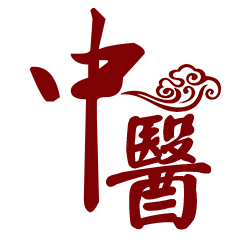Among the advantages of TCM is the basic understanding of the relationship between the spirit and the disease. In traditional Western philosophy, spirit and body are distinct and separate from each other. The spirit is believed to dominate the human body, but at a much higher level. In traditional Eastern philosophy, spirit and body are always considered to be unified. The ancient Eastern philosophers believed that the spirit is a substantial embodiment of the whole will, rather than an isolated entity apart from the substance body. Since the asymmetrical distribution of blood embodies the whole will, TCM physicians and philosophers believe that the heart is the organ bearing consciousness.
The concept of the union of mind and body is neglected in Western culture, but has been widely accepted in Eastern philosophy. “The whole determines the part” implies that nothing, not even the brain, can dominate the entire body. On the contrary, TCM considers the heart to be the center of the human body. The heart includes not only the viscera of the anatomy, but also a cognitive aura entity invisible to casual observers who are limited by the three dimensions. One function of the heart is to act as a reflection of the whole will. Therefore, it is not surprising to recognize the relation between the consciousness and the interior organs. TCM especially emphasizes emotional relations with the viscera such as, anger and the liver, joy and the heart, thought and the spleen, sorrow and lungs, or fear and the kidneys. In addition, the five visceral organs are believed to participate in spiritual activities, such as “the liver storing blood and housing the soul,” “the spleen storing nutrition and housing the thought,” “the heart regulating the pulse and housing the mind,” “the lungs regulating air and housing the corporeal soul,” and “the kidneys storing essence and housing the will power.”
Consciousness embodies the whole will. It embodies not only the asymmetrical supply of blood corresponding to information processed in the brain, but also functions in other parts of the body. The phrase “Qi follows the mind” is a description for such an asymmetrical distribution. In the human body, acupuncture points can easily be considered as the ending distribution stations for blood with abundant nerve and blood vessel networks. Blood is provided to those parts in priority as guided by the consciousness to assure activities of the entire body. The creation of consciousness is caused by the adaption of the entire body to changes in the surroundings. Although much of the internal and natural information is unknown and immeasurable to people, the effect of the social information and changes of the outside world on the consciousness can sometimes be understood.

